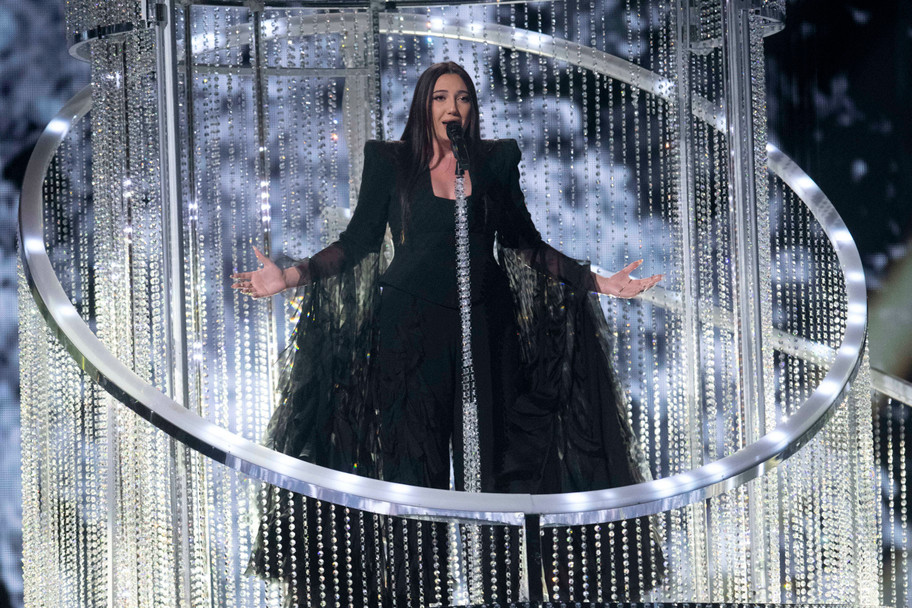Eurovision 2025 scandal: Several European broadcasters contest Israel’s Eurovision result

Europe’s annual music contest saw Austria’s ‘JJ’ claim the country’s first victory for over 10 years – with Israel as runners-up on 357 points.
Represented by Yuval Raphael’s ‘New Day Will Rise’, Israel garnered 297 public votes and 60 jury votes. This discrepancy has culminated in a belief within some corners that all is not as it seems.
Want to play casino games or bet on sports? Check out the best UK online casinos and best UK bookmakers today!
Several nations have since called for a review of the competition’s televoting system. Specifically, these countries include Belgium, Spain, Ireland, Finland, Iceland, Slovenia and the Netherlands.
Spanish broadcaster (RTVE) and Belgian outlet (VRT) stand as the most vocal parties – as both nations argue that the disparity between public and jury voting far exceeds reasonable expectations. Both juries attributed zero points to Israel, whereas their respective public vote credited 12 points; Eurovision’s maximum allotted sum per country.
Current Eurovision voting regulations allow public viewers to vote up to 20 times in exchange for a £0.15 fee.
In the wake of these controversial results, the European Broadcasting Union (EBU) verified reports that it had received complaints from Spanish and Belgian press.
Flemish MEP, Katia Segers, expressed distaste towards the modern voting system and welcomed other nations to contact event organisers on the matter: “A system in which everyone can cast up to 20 votes is a system that encourages manipulation.
“Whether this manipulation occurred in our country and all other participating and non-participating countries must be investigated.”
Eurovision director, Martin Green, praised the “advanced” voting product designed by his team: “It is important to emphasise that the voting operation for the Eurovision Song Contest is the most advanced in the world and each country’s result is checked and verified by a huge team of people to exclude any suspicious or irregular voting patterns.
“An independent compliance monitor reviews both jury and public vote data to ensure we have a valid result.”
Despite defending the legitimacy of the Eurovision’s voting system, Green added that the organisation onboards all complaints: “We remain in constant contact with all participating broadcasters of the Eurovision Song Contest and take their concerns seriously.”
Rigging of Eurovision results could herald serious implications for those who bet on the event, as most regulated markets do not permit wagers on pre-determined outcomes for live competitions. Also of relevance is that bettors may suffer an unfair disadvantage and subsequently lose money.
On this point, Israel was not considered a favourite ahead of last weekend’s Eurovision final.
The reason for such widespread international uproar regarding Israel’s Eurovision success is simple: nations are concerned that voters are influenced by political motivations more than an act’s musical prowess.
Israel, embroiled in a major conflict and accused of war crimes in Palestine, was the subject of significant protests in the lead-up to this year’s Eurovision. As reported by The Telegraph, 70 of the event’s previous performers signed a letter calling on organisers to bar the country from participating.
Spain’s Eurovision broadcaster, RTVE, laid bare its view on Israel’s inclusion in a seconds-long statement published during the contest: “When human rights are at stake, silence is not an option. Peace and Justice for Palestine.”
The outcome of these multi-national objections remains to be seen – though further communications are expected soon.






 Playzia’s Love Island slots coming to Midnite casino soon
Playzia’s Love Island slots coming to Midnite casino soon
 Eurovision expected to be as big a betting event as Super Bowl
Eurovision expected to be as big a betting event as Super Bowl
 Eurovision betting odds: Sweden the early favourites
Eurovision betting odds: Sweden the early favourites
